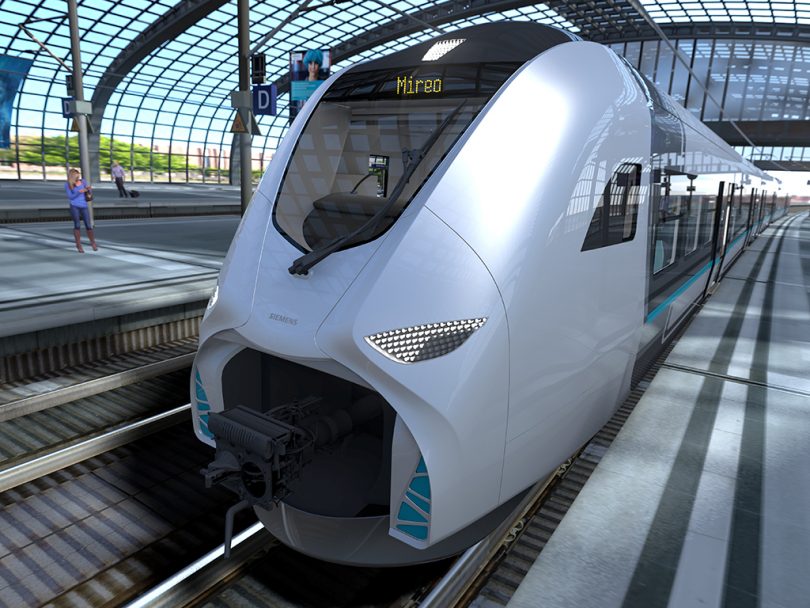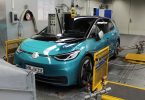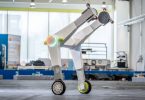Ballard Power Systems announced that it has signed a Development Agreement with Siemens AG for the development of a zero-emission fuel cell engine to power Siemens’ Mireo light rail train. The Development Agreement has a contemplated value of approximately $9.0 million to Ballard.
Under the terms of the Development Agreement, Ballard will develop a 200 kilowatt fuel cell engine for integration into Siemens’ new Mireo train platform. Mireo is a modular commuter train platform designed for speeds of up to 160 kilometers per hour (100 miles per hour). Thanks to lightweight design, energy-efficient components and intelligent onboard network management, the Mireo will consume up to 25% less energy than trains with similar passenger capacity. Initial deployments of the fuel cell-powered Mireo train are planned for 2021.
Sabrina Soussan, CEO of the Mobility Division at Siemens said, “Our cooperation with Ballard is a decisive step towards replacing diesel-powered rail vehicles with emissions-free vehicles in the long term interests of sustainable and climate-friendly mobility. We want to be able to offer our customers flexible train solutions for various suburban routes, which vary according to regional conditions and technical possibilities.”
Randy MacEwen, Ballard President and CEO added, “We are seeing rapid market demand growing for clean energy fuel cell technology in a range of Heavy Duty Motive applications, including trains, trams, transit buses and commercial trucks. This Development Agreement with Siemens, a major industrial conglomerate and leading global train OEM, is a testament to the overall value proposition offered by Ballard’s fuel cell technology in a demanding use case and duty cycle. In this application, fuel cells enable electrification with range, without the need for costly catenary wire infrastructure.”
As a scalable articulated train featuring bogies with inside bearings, the new regional and commuter platform from Siemens uses less energy. And thanks to improved aerodynamics, the Mireo is considerably more lightweight than predecessor models. The vehicle concept provides for different car body lengths and train configurations, from two to seven-part trainsets with train lengths of between 50 and 140 meters. Trains can achieve maximum speeds of 140 to 200 kilometers an hour. DB Regio was the first regional transport operator to take advantage of the new platform, commissioning Siemens in March 2017 to supply 24 Mireos for the Rheintal network.
More: Coradia iLint Wasserstoff-Triebzüge (de)





